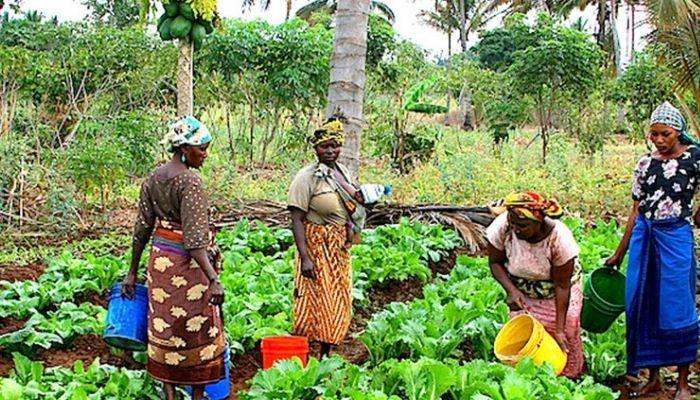By Justina Auta
The Federal Government has successfully concluded a specialised training programme focused on the application of Information and Communication Technology (ICT) and modern agricultural practices for youths, girls, and farmers across Nigeria.
The Director-General of the Maryam Babangida National Centre for Women Development (MBNCWD), Dr Asabe Vilita-Bashir announced the completion of the training on Friday in Abuja.
Vilita-Bashir said that the programme aimed to promote gender equality and inclusiveness by enhancing digital skills and innovations in agriculture.
“This training was designed to expose the participants to innovations in the agricultural sector and encourage everyone to take advantage of the various benefits that ICT brings to the agricultural value chain,” she stated.
Vilita-Bashir highlighted that the training would introduce participants to emerging technologies in agriculture, enabling them to leverage ICT tools to enhance productivity.
She noted that small-scale farmers often struggle to meet rising food demands, making technological innovation in agriculture crucial.
According to her, with the global population projected to reach 9.7 billion by 2050, agriculture remains a key pillar of the country’s economy.
Vilita-Bashir said that as part of the training, female farmers learned about the use of Artificial Intelligence (AI) in agriculture, including robotics, soil and crop monitoring, and predictive analytics to boost yields and profitability.
She said other key topics covered were the role of ICT in market intelligence, weather forecasting, and pest control, as well as digital record-keeping for farm stocks, sales, and inventory management.
The training also included the use of entrepreneurship and social media for agricultural marketing and collaboration.
The director-general reaffirmed the centre’s commitment to women empowerment, emphasising that they would continue to monitor the progress of participants and offer ongoing support.
The Director of ICT at MBNCWD, Mr Johnson Morrison-Udobong also emphasised the importance of ICT in driving agricultural development.
He urged participants to pass on the skills they acquired to others and added that 40 female farmers took part in the training.
Beneficiaries expressed their gratitude for the government’s support of women empowerment, noting that the skills learned would be shared with others to improve ICT use in agriculture.
Each participant received a certificate of participation, a brand-new laptop, and a transportation stipend.


